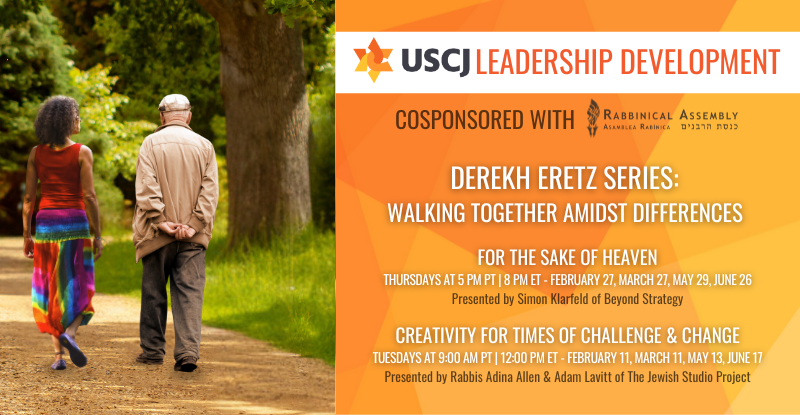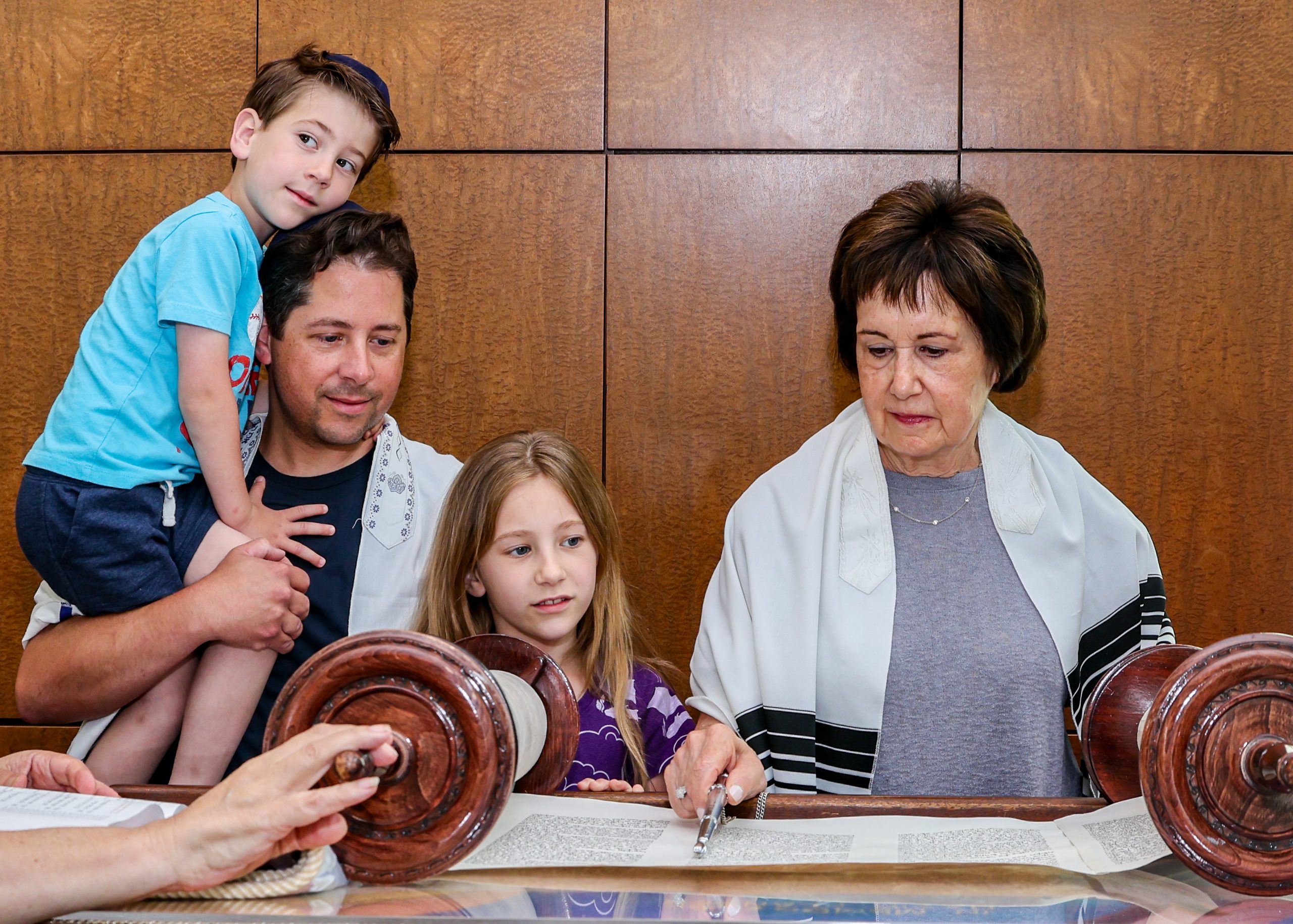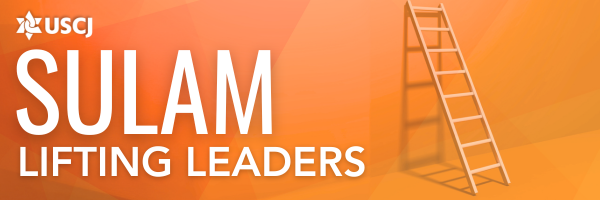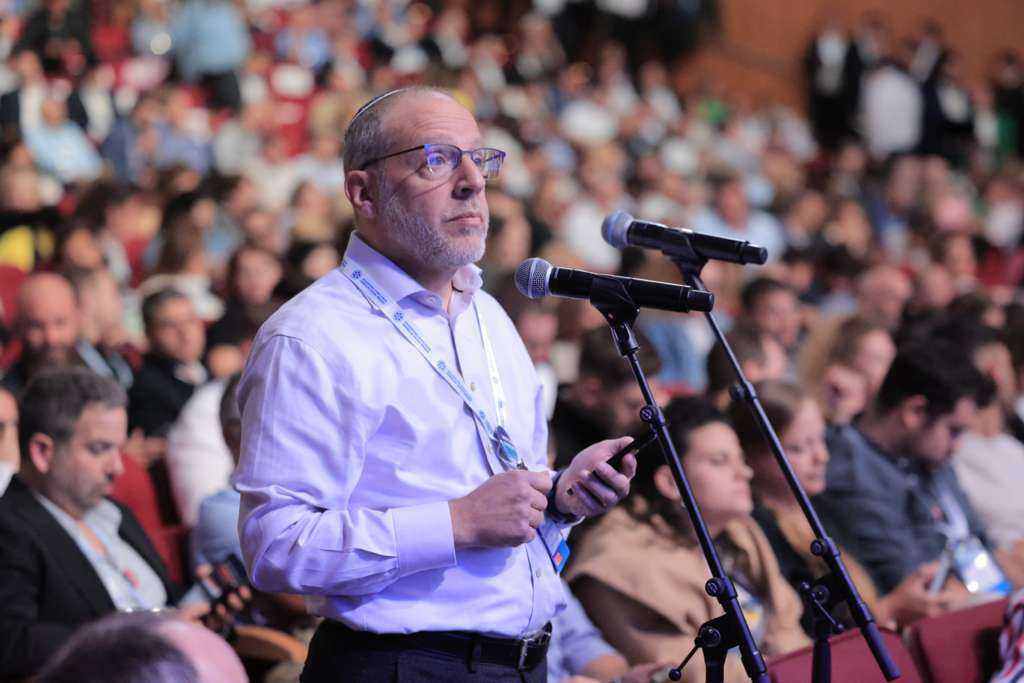
Rabbi Jacob Blumenthal, CEO, USCJ and the Rabbinical Assembly
Daniel Langenthal, USCJ Director of Leadership Development
Over the past year, both of us have received calls from lay leaders or clergy members: “My congregation is really struggling around the elections. Board members are yelling at each other around Israel! Members of my community are treating each other so poorly. What should I do?”
In this age of polarization, echo chambers, and hot-button issues, it seems as if we have forgotten how to talk with one another, how to listen to others’ viewpoints, how to respectfully disagree, or how to participate in civil discourse with people who disagree with us.
Moreover, our conversations in our North American communities are taking place in the context of the feelings of helplessness, fear, and grief that continue to pile up alongside ongoing violence in Israel and the political turmoil closer to home. The issues, fears, and their amplification in mainstream news and by social media algorithms have made it difficult for people to manage their own emotions and engage with each other.
We are committed to helping Jewish communities thrive. Even in communities that outwardly look thriving, we know of painful interactions among congregants, among staff, and between congregants and staff. We are concerned that in our sacred communities people are not treating each other with decency and respect.
The term Derekh Eretz (literally “the way we walk the land”) implies that when we work together, pray together, heal the world together, and engage in spiritual living together, we do so with respect and decency. We must seek to understand another’s perspective as much as trying to uphold our own. Our sacred duty as leaders is to work together to model Derekh Eretz so that these values permeate our communities.
However, as leaders, we are also susceptible to all the divisiveness and emotional energy that surround us. It’s therefore important that we both learn how to take care of our own selves, learn strategies to become aware of and regulate our own emotions, and learn strategies to guide our communities. In that vein, we want first to acknowledge that this is happening and then to provide the opportunity for members of our community to engage with their heads and hearts through self-reflection and debate to begin the process of healing the wounds that have been created and move forward to create a positive culture of interaction around difficult issues that arise.
We are offering two separate webinar series: “Creativity in Times of Challenge and Change” with Jewish Studio Project and “For the Sake of Heaven” with Beyond Strategy. You can attend all 8 sessions or pick and choose however many you want to attend from each series.
“Creativity in Times of Challenge and Change” combines the words of Psalms and the creative process to explore human emotion in order to regulate our nervous system, sit with challenging questions and guide our actions across differences. This is a crucial first step to managing conflicts that arise through differences.
“For the Sake of Heaven” explores historical Jewish disputes to understand what it means for an argument to be constructive and how we ourselves can and should engage in debate in a mensch-y way. Each session will provide you with an opportunity to learn and practice a particular skill or methodology so that you are best prepared to have meaningful debate in the spirit of those Jewish ideals.
Please join us for these important (and FREE) learning opportunities. Register here.









